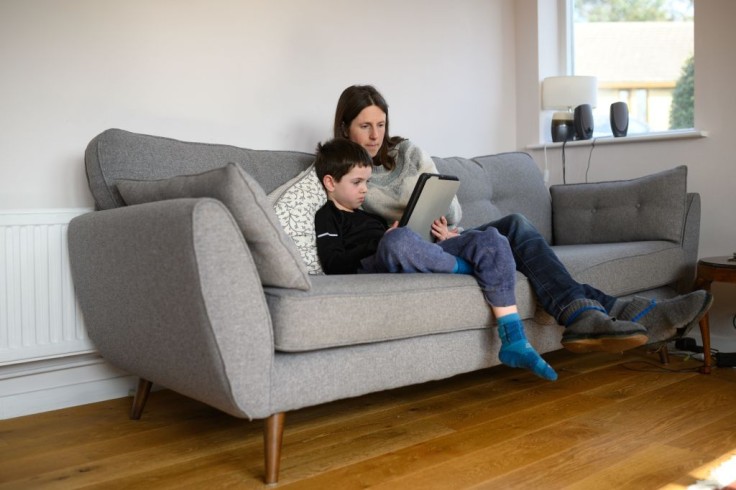
In this journey of parenting, there are toxic phrases to avoid when it comes to raising our kids.
The language we use and the words we choose to speak to our kids are of vital importance as this shapes them through their whole lifetime. The words we choose to speak affect their perception in life, resilience and ultimitaly, could contribute to their path to success.
Saying the right words matters to these kids and so is steering away from toxic phrases to help instill positivity, good manners, and the right values.
With that, here are a few toxic phrases to avoid when raising successful kids to create a nurturing environment that fosters growth and emotional well-being.
Avoid These Toxic Phrases To Raise a Successful Child
1. "You're always in a bad mood."
The Detriment: This phrase not only dismisses the child's emotions but also establishes a negative narrative about their emotional state.
Empowering Alternative: "It seems like you're not feeling your best right now. Let's talk about what's going on."
2. "Why do you always get upset when this happens?"
The Detriment: This phrase implies that the child's emotional reactions are unwarranted or exaggerated. Saying this could mean you are invalidating their feelings.
Empowering Alternative: "I notice this situation is challenging for you. How can we work together to make it easier next time?"
3. "Did you have to do that [negative behavior] again?"
The Detriment: This phrase focuses on the negative behavior rather than understanding the underlying cause or teaching a positive alternative. It is best to communicate the child on what prompted the behavior.
Empowering Alternative: "I see that [negative behavior] happened again. Let's figure out what triggered it and explore better choices next time."
4. "That's ridiculous!"
The Detriment: Dismissing a child's thoughts or ideas can stifle creativity and confidence. This could affect the child's confidence and give them the perception that you are ridiculing them.
Empowering Alternative: "I appreciate your perspective. Let's talk about it and see if we can find a solution that works for both of us."
5. "You're overreacting."
The Detriment: Minimizing a child's emotions invalidates their feelings and discourages open communication.
Empowering Alternative: "It seems like this situation is really affecting you. Let's discuss what you're feeling and find a way to handle it together."
Read Also : Creating a Positive Food Environment: 7 Toxic Phrases To Avoid When Raising Healthy Eaters
Positive Parenting Responses
Instead of phrases that guilt them, be intentional with your words, and try a few of these examples of positive responses:
1. "You don't want to do this right now. I get it. But, we still have to go."
Encouraging Empathy: You can always promote empathy without introducing kids to guilt-tripping at a very young age. You can, however, acknowledge the child's feelings while also maintaining necessary boundaries. It is always beneficial to them if you are consistent with the boundaries you set.
2. "If this is hard, I'm going to help you."
Building Support: The youth of these kids means they are still growing, and big emotions can be overwhelming to them. Offering assistance and reassurance can help them feel more secure and regulated, as long as trust and support are present.
3. "You want to go outside? I get it. Unfortunately, we can't right now."
- Balancing Empathy and Reality: It is helpful to acknowledge the child's desires while explaining the current situation with kindness. No matter how intense the situation is, anger and rage cannot help alleviate it.
By eradicating toxic phrases from our parenting lexicon and embracing positive alternatives, we empower our children to navigate the complexities of life with resilience, emotional intelligence, and a solid foundation for future success.
The journey to raising successful kids begins with the transformative power of our words.